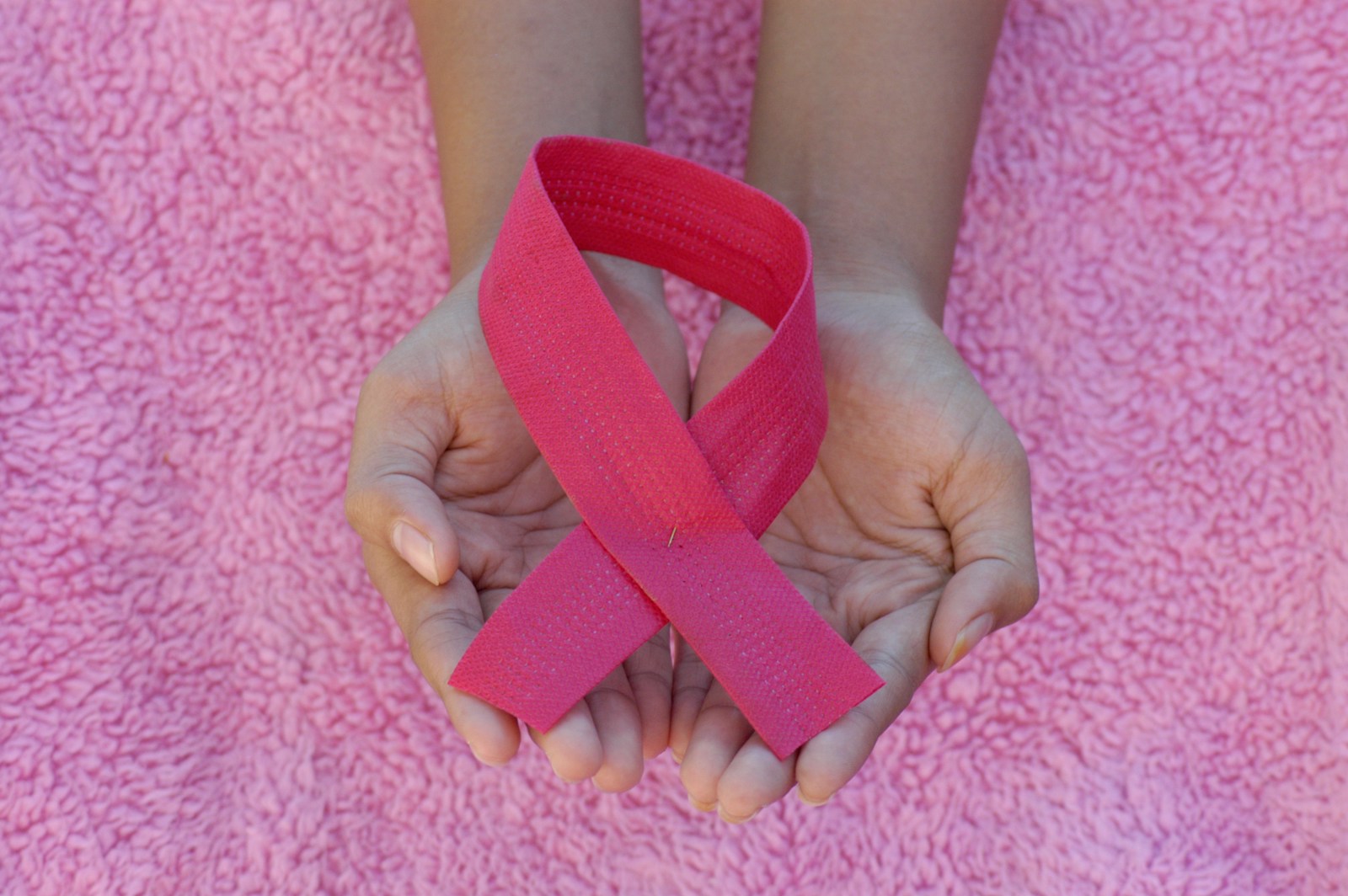NHS HPV programme is preventing highest number of cervical cancer cases
A new study that was published in the British Medical Journal (BMJ) has found the vaccine scheme is cutting cervical cancer cases by 90% in England.
The findings, which came from a study led by Queen Mary University of London and found the vaccine to be most effective when offered to Year 8 students – those aged 12 to 13, shows cervical cancer could be eradicated in the near future.
In addition, experts also discovered that the HPV jab works particularly well across the socio-economic spectrum, with most cases being prevented in people who come from more disadvantaged backgrounds. This news is particularly promising as, up until recently, concerns have been sparked that people from these areas would miss out on the programme.
Commenting on the news, Michelle Mitchell, from Cancer Research UK, said: ‘[The] news is promising – the HPV vaccination programme is paving the way to make cervical cancer a rare disease for all.’
According to professionals involved in the study, which included more than 650,000 women who had received the vaccine between the ages of 12 and 18, women in their 20s who got the jab between 12 and 13 were 90% less likely to develop cervical cancer than those unvaccinated.
In contrast, women who got the jab between the ages of 14 and 18 cut their risk by as low as 30%.
‘Our research highlights the power of HPV vaccination to benefit people across all social groups,’ said Professor Peter Sasieni, lead author of the study. ‘Historically, cervical cancer has had greater health inequalities than almost any other cancer, and there was concern that HPV vaccination may not reach those at greatest risk.’
Professor Sasieni added: ‘Instead, this study captures the huge success of the school-based vaccination programme in helping to close these gaps and reach people from even the most deprived communities.
‘In the UK, the elimination of cervical cancer as a public health problem in our lifetime is possible with continued action to improve access to vaccination and screening for all.’
What is HPV?
HPV is a sexually transmitted infection and is responsible for almost all cases of cervical cancer. The vaccination programme to help protect girls against the disease began in 2008, but now all teenagers are offered the jab and those who missed it can request it through the NHS up to the age of 25.
As well as protecting individuals against cervical cancer, the vaccine also helps stop people from getting genital warts.
Image: Angiola Harry

















